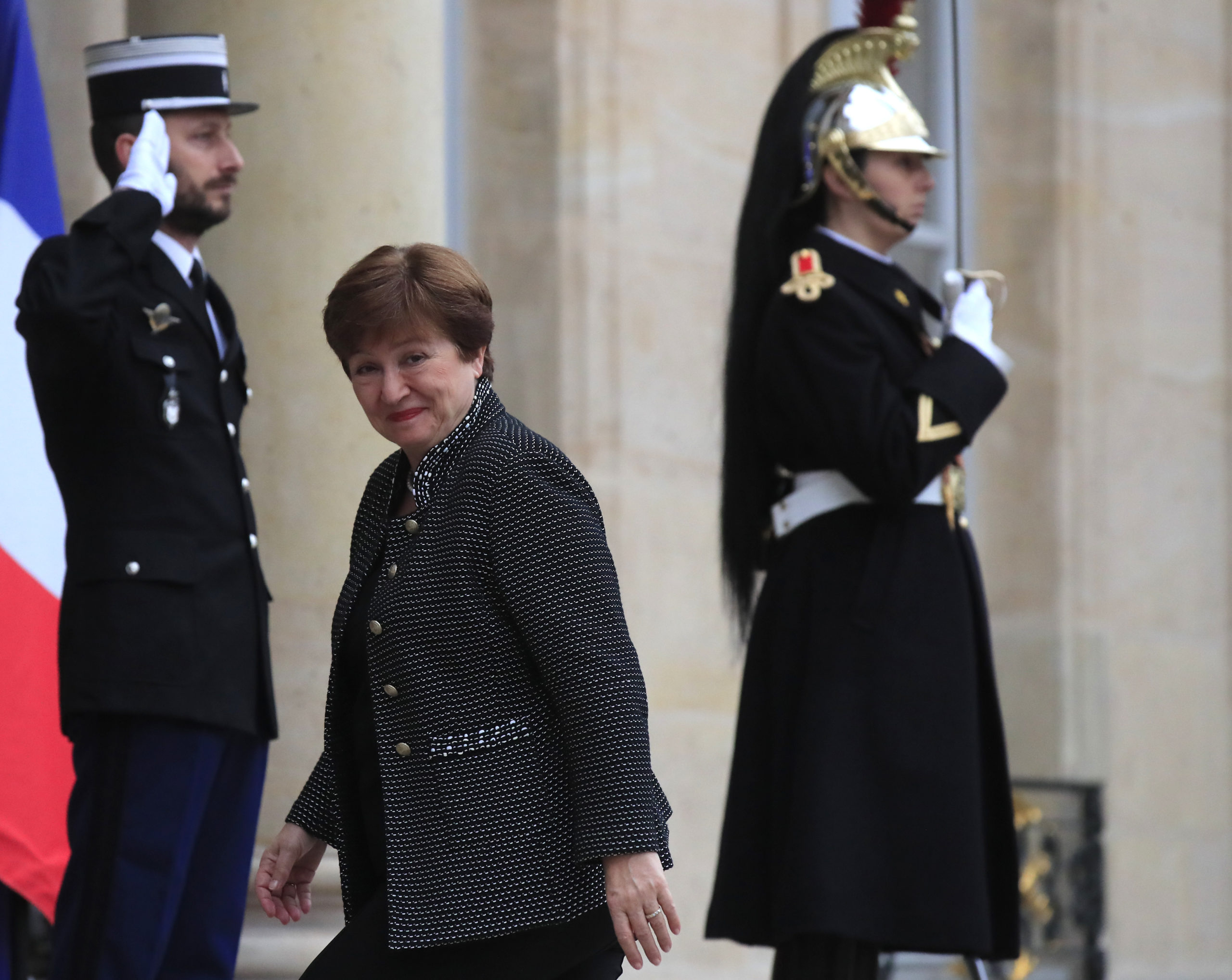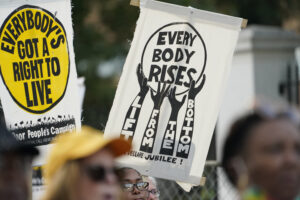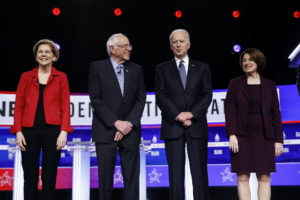Even the IMF Is Calling for Higher Taxes on the Rich
International Monetary Fund Managing Director Kristalina Georgieva says the move would reduce income inequality. International Monetary Fund Managing Director Kristalina Georgieva. (Michel Euler / AP)
International Monetary Fund Managing Director Kristalina Georgieva. (Michel Euler / AP)
Raising taxes on the world’s wealthiest people is crucial to combating income inequality around the globe, International Monetary Fund Managing Director Kristalina Georgieva said in a blog post Tuesday.
“Progressive taxation is a key component of effective fiscal policy,” she wrote. “[A]t the top of the income distribution, our research shows that marginal tax rates can be raised without sacrificing economic growth.”
The statement is a stark departure for an organization that, The Guardian writes, is best known for “a free-market approach to running economies that included the belief that tax cuts for the better off would have trickle down benefits through greater innovation and higher growth.”
In another break with the IMF’s past, Georgieva argues for more government spending on social programs:
When done right [social programs] can play a fundamental role to mitigate income inequality and its detrimental effects on inequality of opportunity and social cohesion. Education, for example, prepares young people to become productive adults who contribute to society. Healthcare saves lives and can also improve the quality of life. Pension programmes can allow the elderly to preserve their dignity in old age.
The Council on Foreign Relations calls the 189-member IMF “the world’s controversial financial firefighter,” called upon when one of its member countries is in a financial crisis, unable to afford imports or pay back debt to its creditors. The IMF’s loans are known for coming with strings attached, including austerity, high interest rates and privatization of public services. In the 1990s and early 2000s, Nobel Prize-winning economist and former World Bank chief economist Joseph Stiglitz blamed the fund’s policies for exacerbating inequality in Russia and East Asia.
If Tuesday’s blog post is any indication, however, the current IMF chief might be starting to come around to Stiglitz’s point of view. The Guardian points out that the IMF has been slowly changing its outlook for a few years “amid evidence of weak growth, a concentration of wealth among the top 0.1% of the population, and a falling share of national output going to workers.” The organization has even released research that reveals the negative impacts of its policies.
Georgieva’s post comes at a time when global wealth inequality has soared. At the beginning of 2019, Oxfam, an international charity, released a report revealing that just 26 people own as much wealth as the poorest half of the globe. According to a September report from the U.S. Census Bureau, income inequality in the United States is at a 50-year high.
“Inequality has become one of the most complex and vexing challenges in the global economy,” Georgieva says, noting that it takes many forms: “Inequality of opportunity. Inequality across generations. Inequality between women and men. And, of course, inequality of income and wealth. They are all present in our societies and—unfortunately—in many countries they are growing.”
Read Georgieva’s full post here.
Your support is crucial…With an uncertain future and a new administration casting doubt on press freedoms, the danger is clear: The truth is at risk.
Now is the time to give. Your tax-deductible support allows us to dig deeper, delivering fearless investigative reporting and analysis that exposes what’s really happening — without compromise.
Stand with our courageous journalists. Donate today to protect a free press, uphold democracy and unearth untold stories.






You need to be a supporter to comment.
There are currently no responses to this article.
Be the first to respond.